Description
Mushroom Substrate
Mushroom substrate recipe can make all of the difference for your harvest. Mushrooms require a nutrient-rich mix with air exchange spaces. Furthermore, pasteurized or sterilized substrate is needed to kill off harmful microorganisms that might arise in its composition.
Compost
Mushroom compost, commonly referred to as spent mushroom substrate, provides plants and soil with vital nutrients. Mushroom growers utilize it as an aid in improving garden soil, increasing fruit and vegetable yields and suppressing weeds; additionally it can also be used as an amendment in potting mixes for both indoor and outdoor plant growth.
Pasteurizing compost substrate for mushrooms helps eliminate or minimize microbes that compete for food with them and kill any surface-disease-causing organisms, while simultaneously lowering temperatures for optimal mushroom growth. This process also lowers temperatures so as to allow their mushroom buds to develop freely without becoming hotspots for bacteria growth.
Following pasteurization, microbial activity within the substrate becomes less active, which requires more time for temperatures to return to lower levels and thus make monitoring of it in Phase II beneficial.
Mushroom compost is an exquisite mix of natural products such as wheat straw bedding with horse manure, poultry manure and hay manure, corn cobs, cottonseed hulls, brewer’s grain, gypsum and peat moss and ground limestone casing layers; growers may add additional additives such as kelp, sawdust or cottonseed meal as supplements to their mushroom compost mix.
Supplements
An effective substrate is key to mushroom cultivation, but must also be free from contaminants. Different mushroom species require specific substrate types. While straw and coffee grounds are suitable for indoor cultivation, oyster mushrooms need more space outside.
Most mushroom cultivators rely on pasteurized straw as a substrate, either sterilized by steam injection or hot water soaking, as the temperature of 250 degrees Fahrenheit kills any contaminants present in it. Other substrate options such as rye grain, popcorn and brown rice must all be sterilized to prevent contamination of their respective environments.
Other mushroom cultivators utilize a mixture of coir and vermiculite as a substrate for their growing operations. Coir is composed of ground up coconut husks and shells found at most garden stores, and when mixed with vermiculite helps the substrate to retain moisture more effectively – an ideal combination for many varieties of mushrooms, such as those grown using hardwood sawdust fruiting blocks that contain 60% hardwood sawdust, 20% wood chips, and 18% bran.

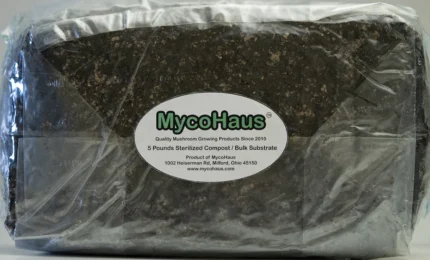
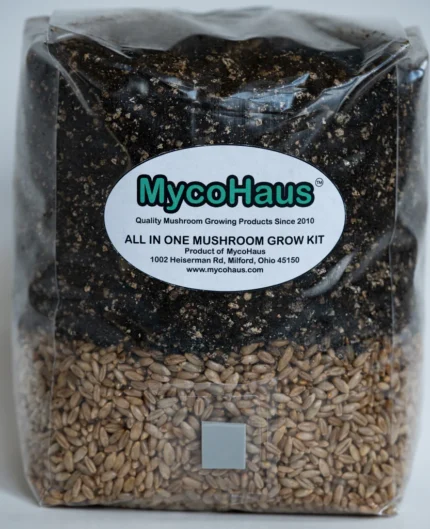
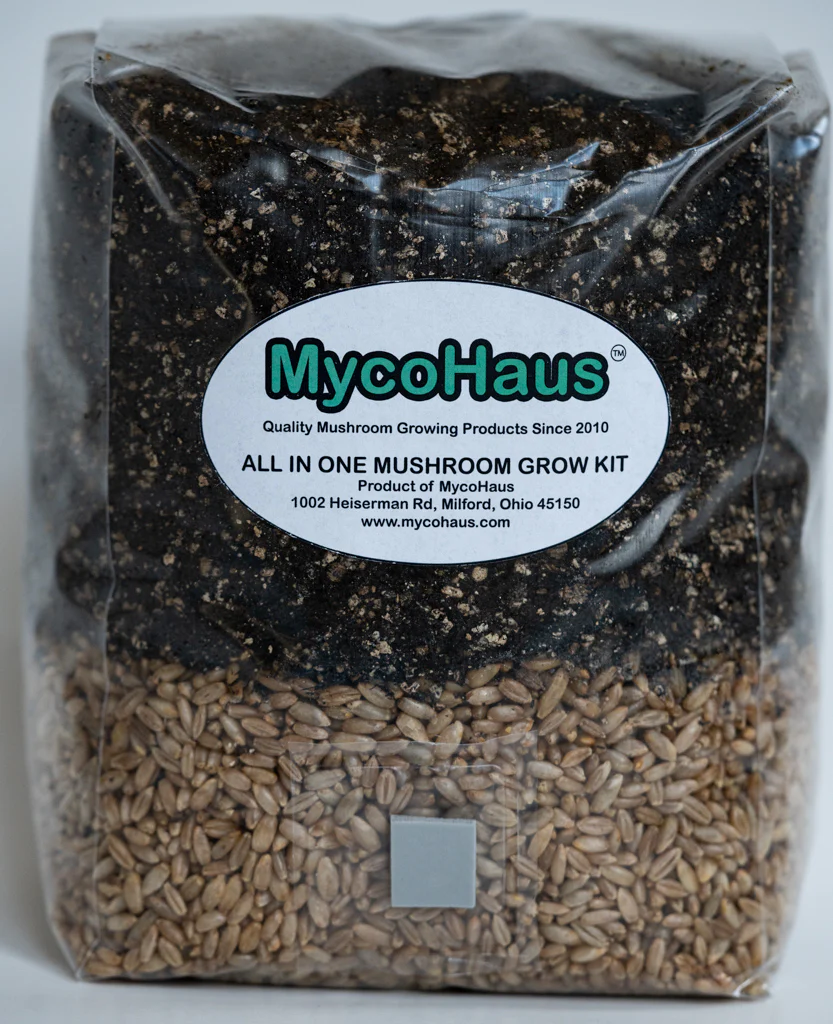
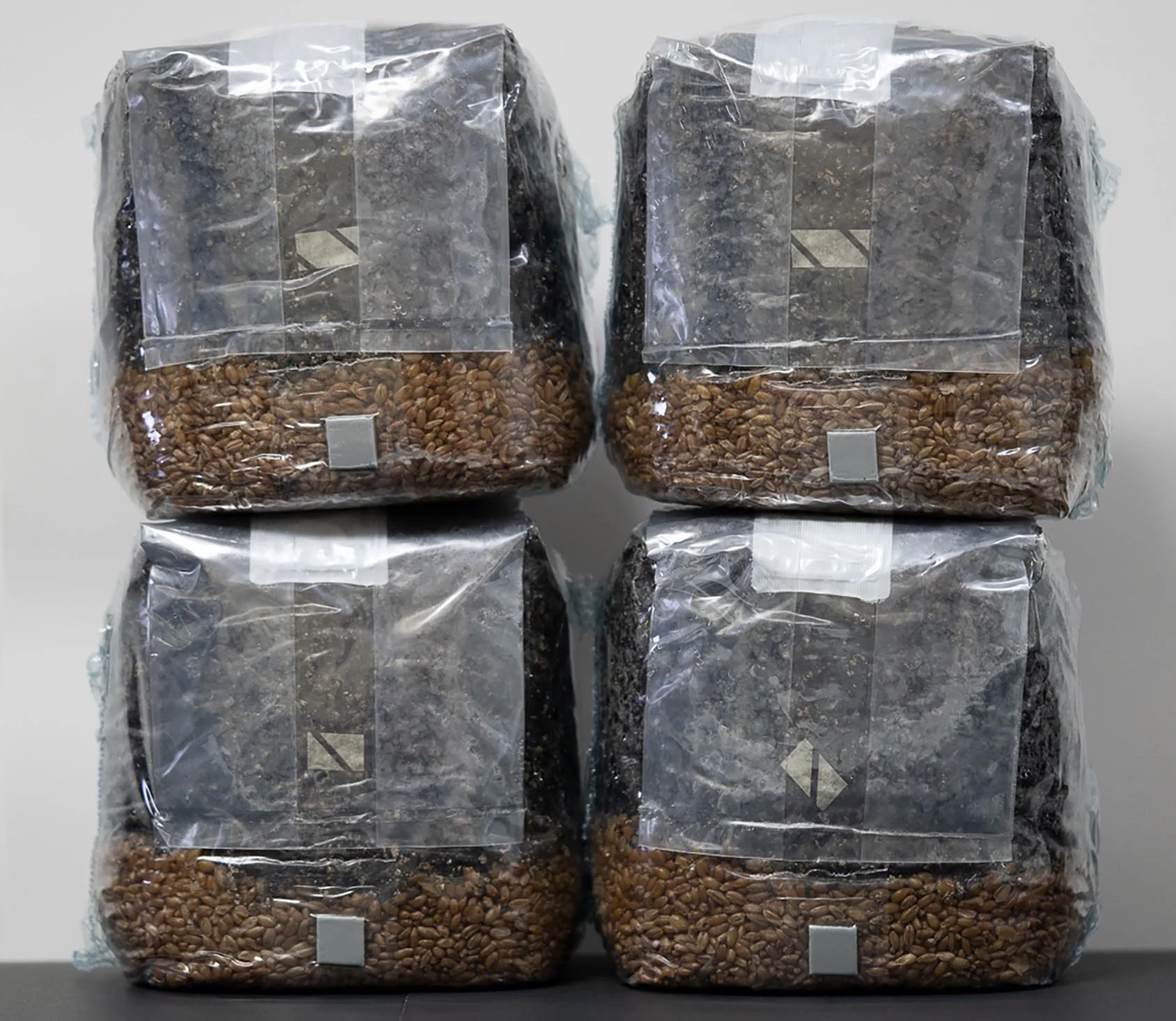
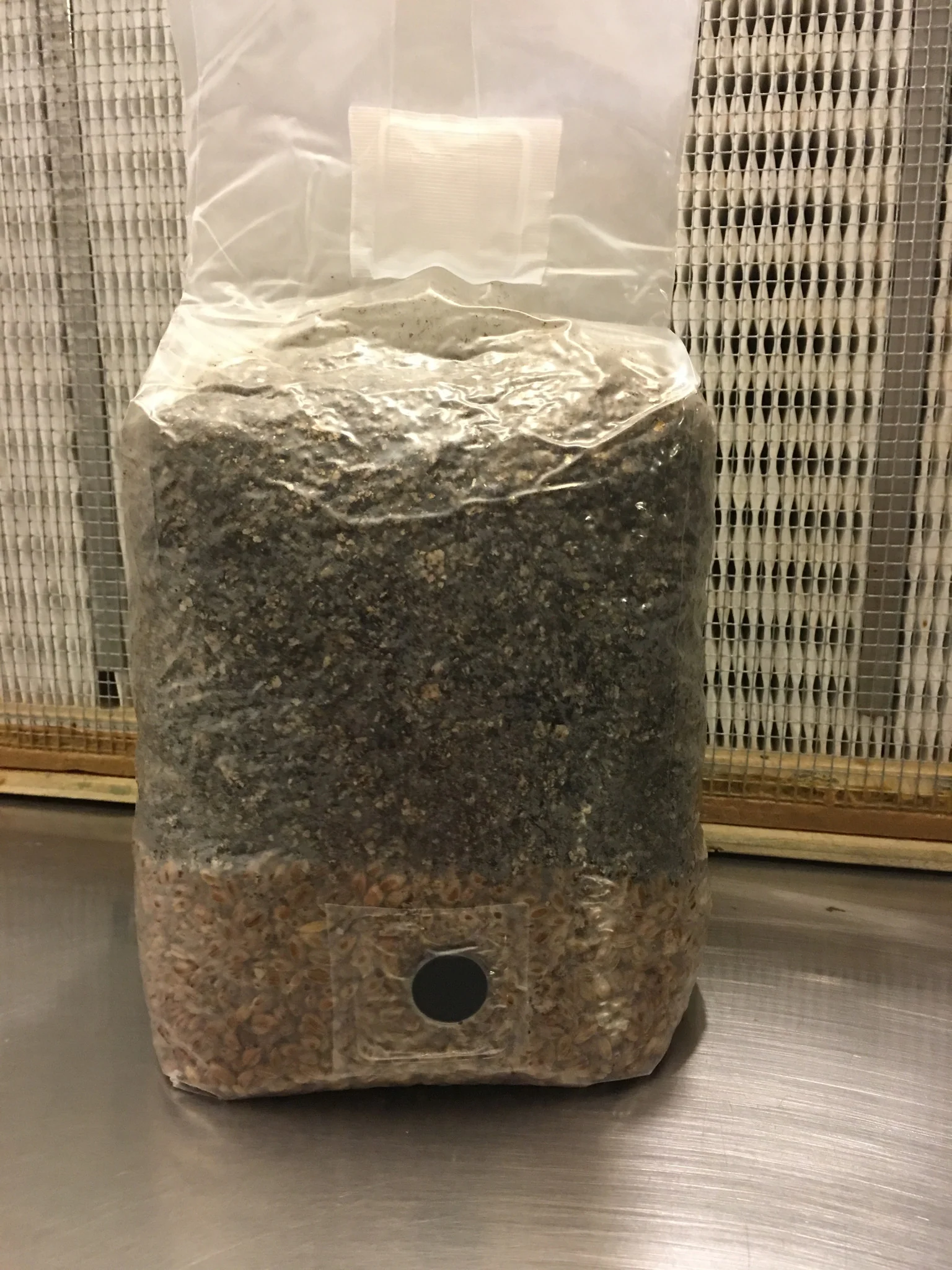

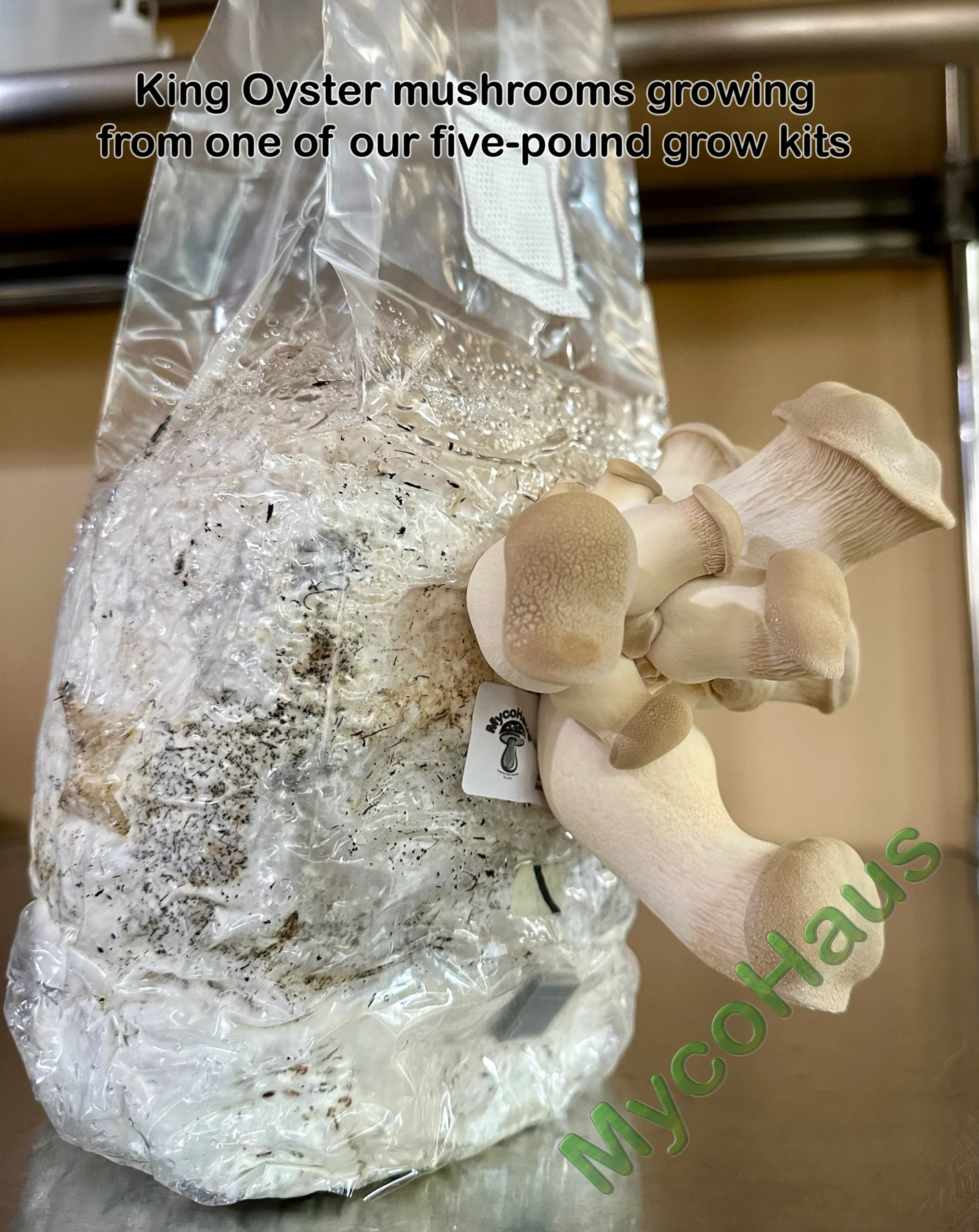
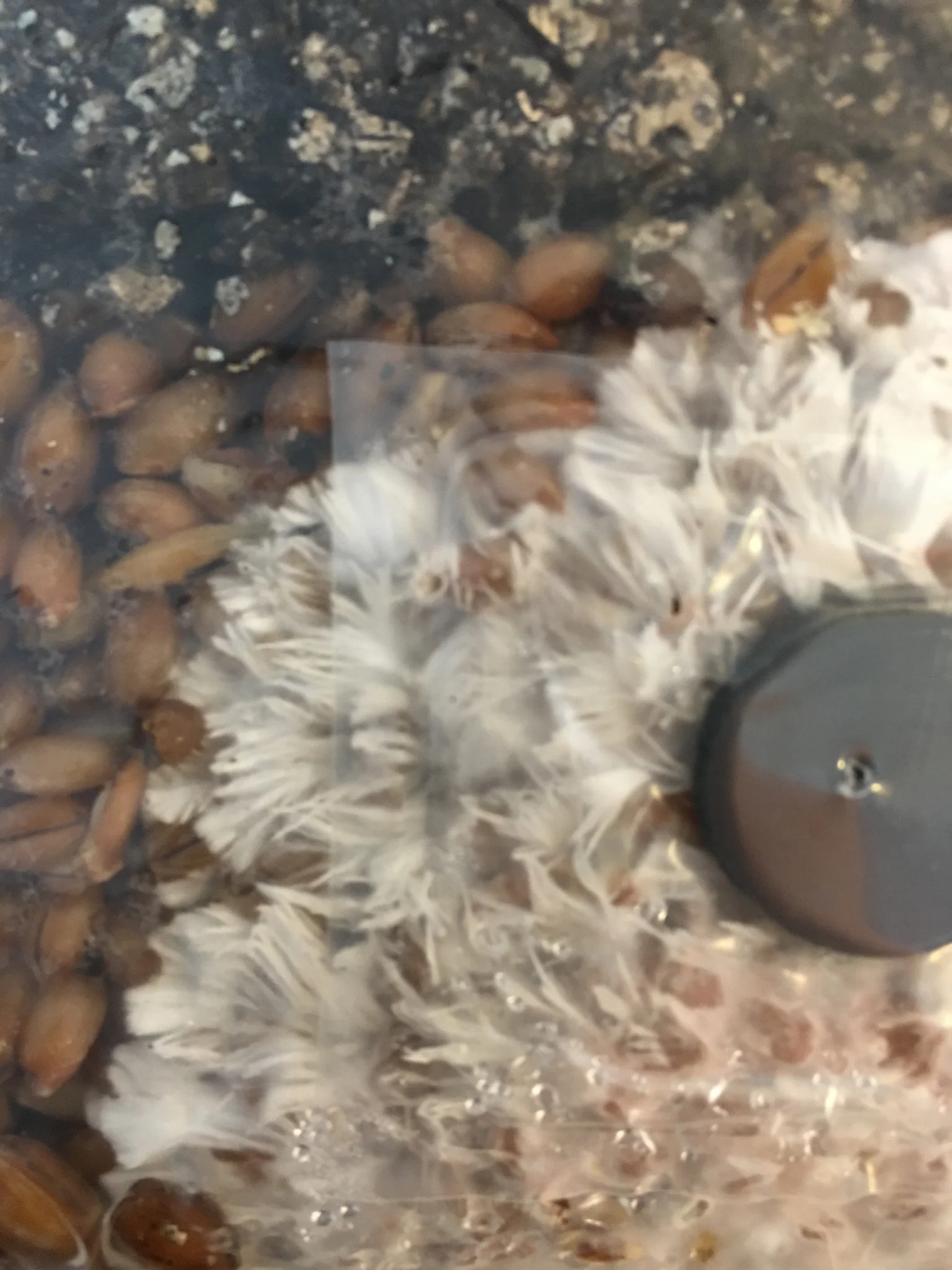
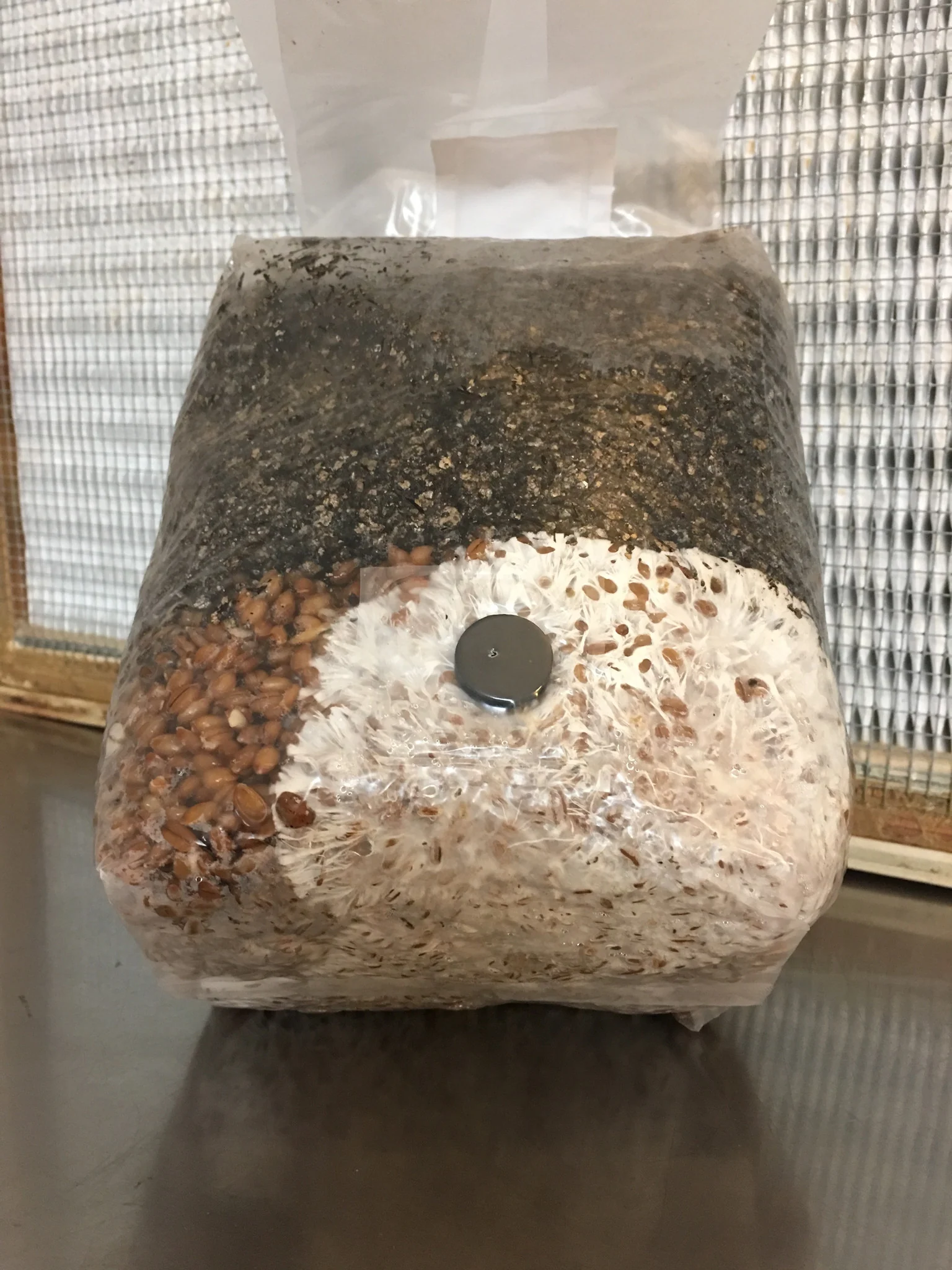
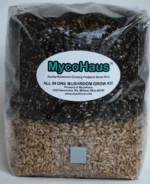
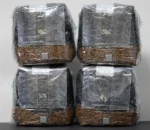
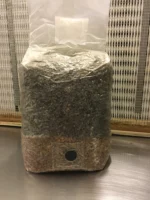

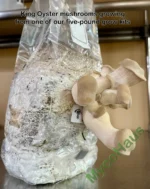
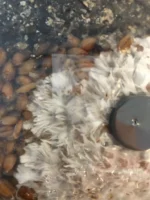
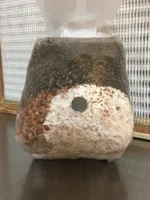
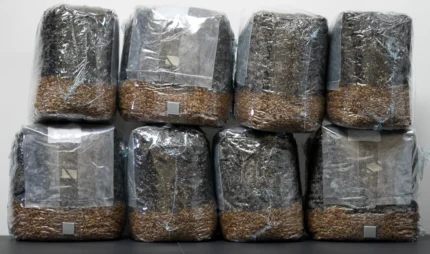

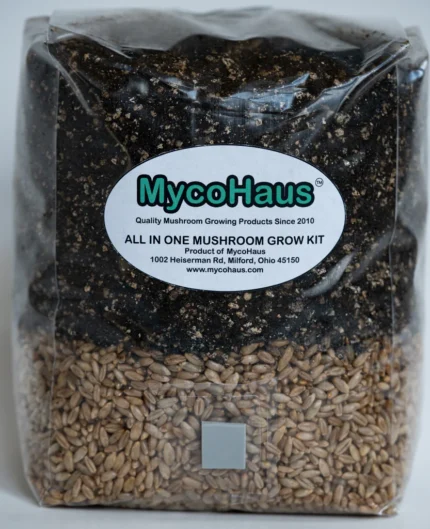
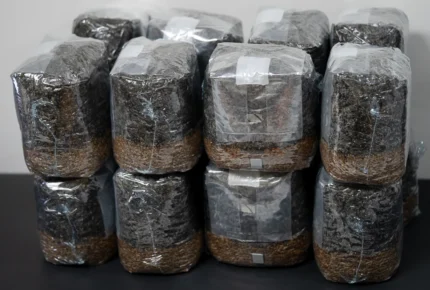
Reviews
There are no reviews yet.